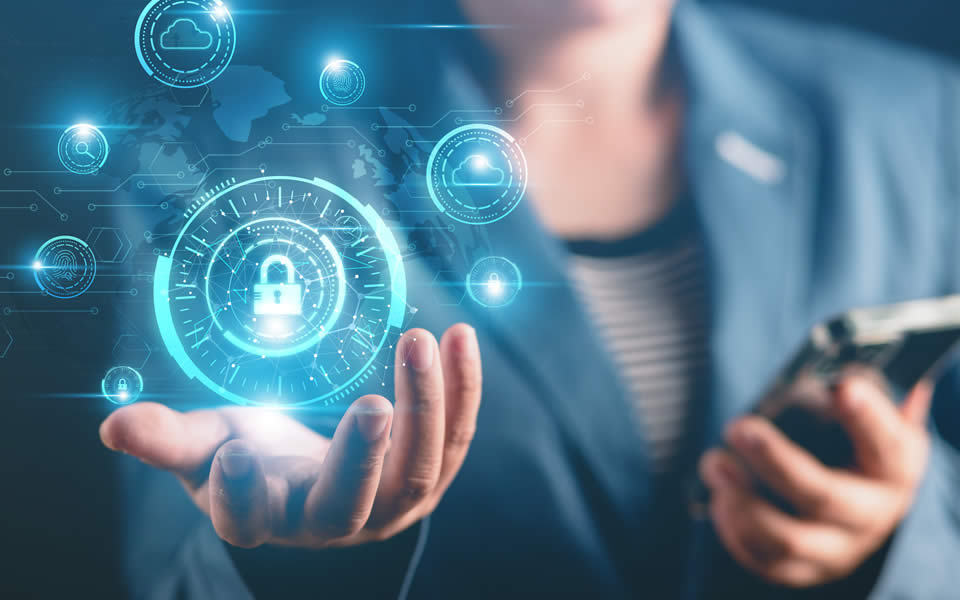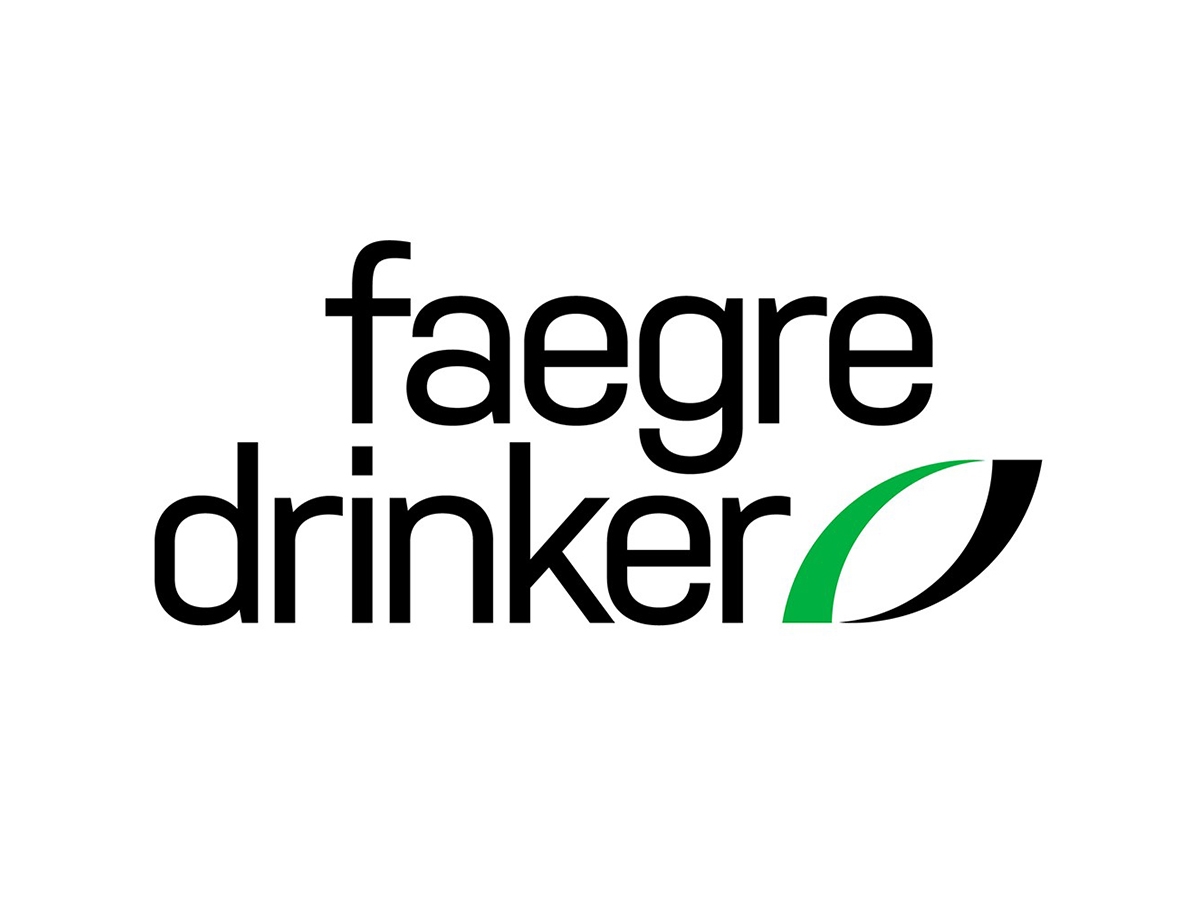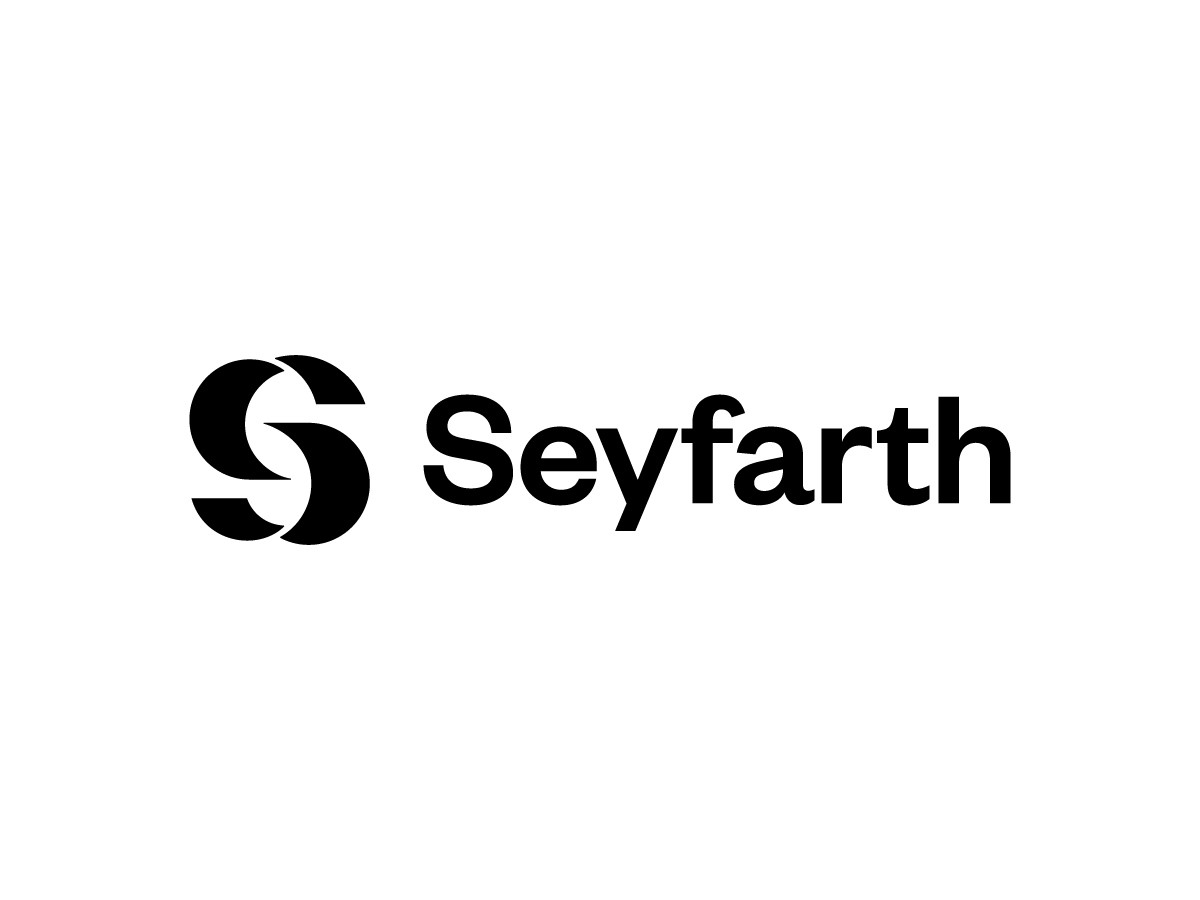Are Your Mobile and IoT Devices Weakening Your Security? | Marcum LLP
With over 14 billion connected mobile devices today, the Internet of Things (IoT) has become mainstream.
Unfortunately, the number of connected devices continues to increase exponentially, and most of these devices run on outdated software. This means they are vulnerable to cyberattacks.
IoT devices include more than just mobile devices, such as smart home appliances, medical equipment, and industrial machinery. Many companies now use them to monitor their employees, track inventory, and even provide remote assistance.
Today, almost every device in our homes and offices runs on some form of operating system. These systems are often insecure, and hackers constantly look for ways to exploit vulnerabilities to gain access to sensitive data.
Mobile devices such as smartphones and tablets are great for productivity, but they also pose a threat to enterprise IT security. Many organizations use these devices to access confidential data from company networks, which could be used against them.
In addition, the rise of IoT has increased the risk of cyberattacks on businesses since hackers can compromise connected devices. So now, let’s check out the common vulnerabilities so you can learn how to better secure your devices.
5 Common Mobile & IoT Device Vulnerabilities
1. Weak Passwords
Today, a common but easily fixed vulnerability in IoT systems stems from weak or unchanged default passwords. Attackers typically exploit weak or hardcoded passwords to gain access to IoT devices.
These credentials are often stored unencrypted in databases, making it easy for hackers to steal them. Once they have compromised a device, attackers can easily move across networks, gaining control of additional devices and systems.
In addition to weak or hardcoded passwords, many IoT devices are configured to accept default usernames and passwords, making them even more accessible for attackers to compromise.
As a result, attackers can connect to the device via Wi-Fi or Ethernet cable and then log in with the username and password associated with the device.
2. Unsecured Network Services
The IoT is a growing trend among businesses and consumers. However, there are risks involved with deploying…



